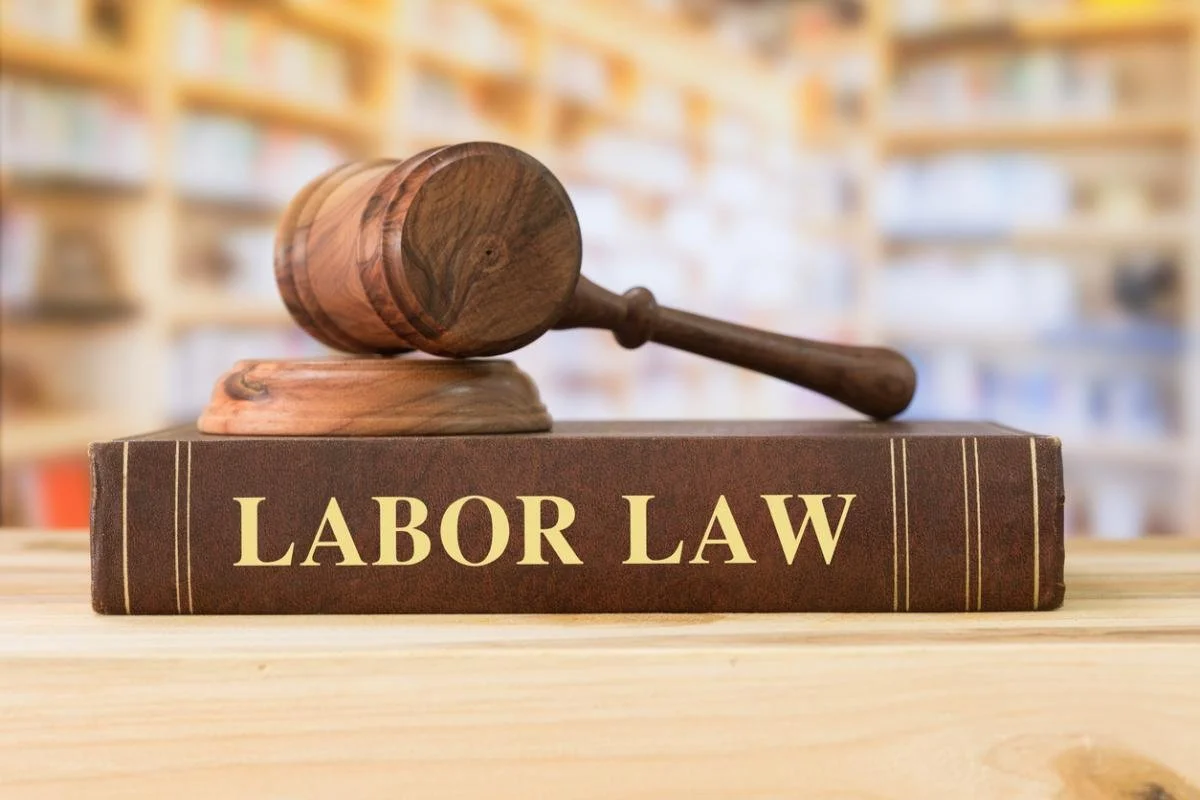When Can the ABC Test be Applied?
/In a recent California employment law case, the question is asked, “When can the ABC test be applied? Do workers need to establish they were hired before the ABC test applies?”
The Case: Mejia v. Roussos Constr., Inc.
The Court: Calif. App. 5th
The Case No.: C087709 Super. Ct. No. 34201600190824 COEDS
The Plaintiff: Mejia v. Roussos Constr., Inc.
The plaintiffs in the case, Mejia v. Roussos Constr., Inc., are unlicensed flooring installers. The plaintiffs worked for Roussos Construction installing floors. According to court documents, there were three people who worked “between” the plaintiffs and the company, Roussos. The plaintiffs refer to these three individuals as “supervisors.” Roussos referred to these three individuals as “subcontractors.”
The Defendant: Mejia v. Roussos Constr., Inc.
Roussos Construction is a general contractor. At trial, Roussos maintained that they use independent contractors (the three referred to by plaintiffs as supervisors and by the company as subcontractors) licensed to perform work outside of Roussos Construction’s contractor’s license, and that the subcontractors hired the plaintiffs, paid the plaintiffs, and are responsible for complying with applicable labor laws in regards to the plaintiffs.
The Case: Mejia v. Roussos Constr., Inc.
The parties involved in the case, Mejia v. Roussos Constr., Inc., disagreed about appropriate jury instruction with Roussos arguing that the ABC Test used to determine employee vs. independent contractor status can only be applied after it is established that the workers were hired by Roussos or by Roussos’ agent. The plaintiffs in the case argued that case law does not establish a “hiring test” alongside the ABC Test articulated in the Dynamex Ops. W. v. Superior Court, 4 Cal. 5th 903 (2018), the California Supreme Court opinion that led to the adoption of the ABC Test in California. In the end, the trial court agreed with the defendant, instructing the jury to make a predicate finding of whether or not Roussos Construction was the hiring entity. After receiving this instruction, the jury returned a verdict in favor of the defendant on all counts.
Do Workers Need to Establish They Were Hired Before the ABC Test Applies?
The Court of Appeals reversed the judgment on the wage and hour counts involving the ABC Test holding that there was no “threshold hiring entity test” created or intended by the Dynamex court. In conclusion, the Court of Appeals found that workers do not need to establish they were hired before the ABC Test can be applied.
If you have questions about California employment law or if you need to file a wage and hour lawsuit, please get in touch with Blumenthal Nordrehaug Bhowmik DeBlouw LLP. Experienced employment law attorneys can assist you in various law firm offices in San Diego, San Francisco, Sacramento, Los Angeles, Riverside, and Chicago.










